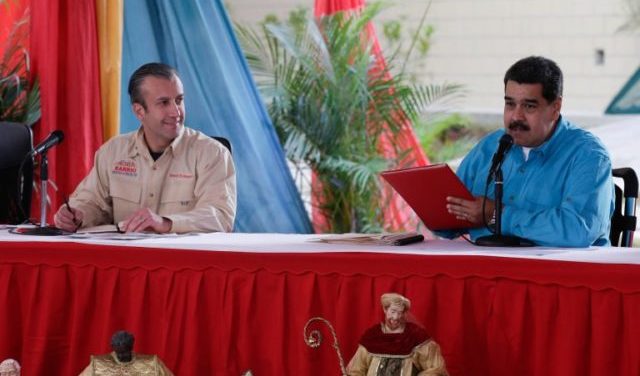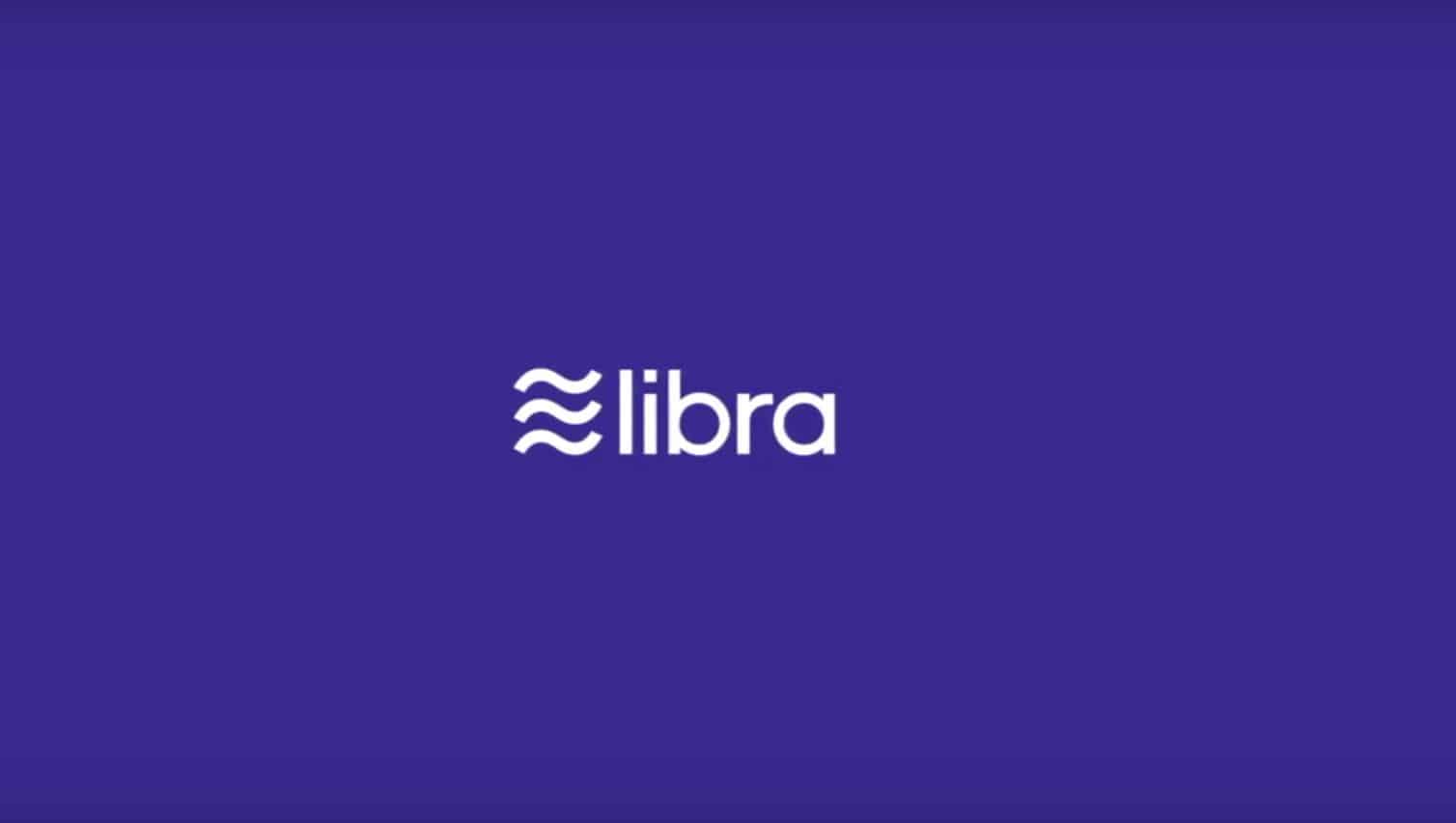Join Our Telegram channel to stay up to date on breaking news coverage
The government of Venezuela is continuing with its mission to ramp up the adoption of its Petro cryptocurrency, spurred by the little success that the asset has had this year.
On November 17, Venepress, one of the most popular news media in the country, reported on Twitter that Venezuelan Present Nicolas Maduro had announced his plans to pay Christmas bonuses to pensioners and retirees in Petro, in a bid to force the asset into the hands of people and get them to transact with it.
Second spin at the wheel
This is not the first time that the government of Venezuela is pulling off such a move. On December 12, 2018, local English news medium Caracas Chronicles reported that the government had done the same thing. Clang that all pensioners’ government payouts, which were made on December 7, were made in Bolívar Soberano (Sovereign Bolivar, or Bs.S.) to the web fiat wallets of pensioners. From there, the funds were automatically withdrawn and converted into Petro
Pensioners in the country have been getting their bonuses via the government’s “motherland card” (carnet de la patria) scheme since January 2017, with the scheme being eventually linked to Billetera Móvil, a mobile wallet platform that is accessed through the government web portal patria.org.ve. However, before the automatic Petro conversion, all payments made in Bs.S would come with notifications to pensioners, after which they could transfer their credit to their bank accounts and withdraw them.
However, as the blog notes, the dependency on the carnet de la patria system had led to pensioners having to stand in long queues to get their cash. This gave the government a perfect opportunity to introduce Petro as a means for pensioners to “ditch their official banking system.”
Petro is gaining grounds
Now, it seems that the government has struck gold with the scheme and will be keeping it. At least, pensioners will feel more comfortable getting paid in Petro now than they did last year, a time when the asset was known by many as the failed attempt of the Maduro administration to circumvent U.S. sanctions.
This year, however, Petro has one pretty well, with adoption in the country buoyed by its acceptance by some of the most popular entities. In July, the National Superintendency of Cryptoassets, Venezuela’s authority as regards cryptocurrency regulations, announced in a tweet that the asset had been accepted by Traki, one of the country’s largest department stores.
In addition to that, Maduro himself mandated the Great Housing Mission, Venezuela’s social housing program, to be bankrolled using the asset last month, forgoing financing in fiat currencies and more popular crypto assets. The decision was eventually announced by Ildemaro Villarroel, the Minister of Popular Power for Habitat and Housing, on the ministry’s official website.
Join Our Telegram channel to stay up to date on breaking news coverage


